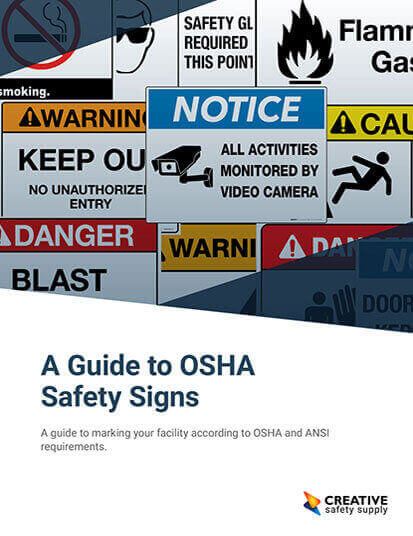
The acronym ESO stands for European Standardization Organizations. There are currently three committees that hold this title in Europe and those are:
- CEN – The European Committee for Standardization, or Comité Européen de Normilisation as the acronym is intended, prioritizes the health of the European Single Market and global trading while also providing the necessary infrastructure to improve the welfare of the country’s citizens and the surrounding environment. It does this by keeping standards up to date and distributing new ones. There are thirty-four national members that work together to create European standards. The CEN is officially recognized as a standard body by the European Union, the European Free Trade Association, and the UK.
- CENELEC – The European Committee for Electrotechnical Standardization, or Comité Européen de Normalisation Électrotechnique, takes care of the electrical engineering side of standards. Their voluntary standards help the further development of a Single European Market and assists in facilitating international trade. Many of the countries outside of Europe follow these standards as they work closely with the European Union and the International Electrotechnical Commission.
- ETSI – The European Telecommunications Standard Institute handles information and communication standards. At the forefront of this organization’s priorities is ICT development, also known as information and communications technology. The ETSI woks continuously to update already existing standards as well as create new ones. The standards created by them include those related to radio, mobile, converged, broadcast, and internet communications. The non-profit also has more than 900 members that are spread out between five different continents and sixty-five countries.
The European Standardization Organizations are much like the Standard Setting Organizations here in America. Both sets work mainly off of voluntary standards that are promoted as best practices or a part of the general duty clause while also having the opportunity for those standards to become regulatory via incorporation by reference by OSHA in America or with harmonized standards created by the European Agency for Safety and Health at Work.
Similar Questions
- What is the European Standard EN 50110?
- What is NIST?
- What Does ASHRAE Stand For?
- What is the NEN 3140 Standard?
- What is the difference between NFPA 70E and EN 50110?
- What are the Most Crucial Workplace Regulations in the US?
- What is ATSDR?
- What is IMDS?
- What does NIOSH stand for?


